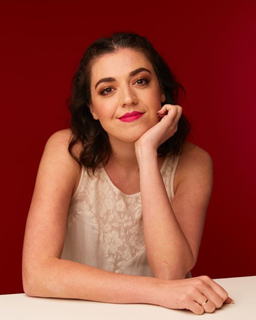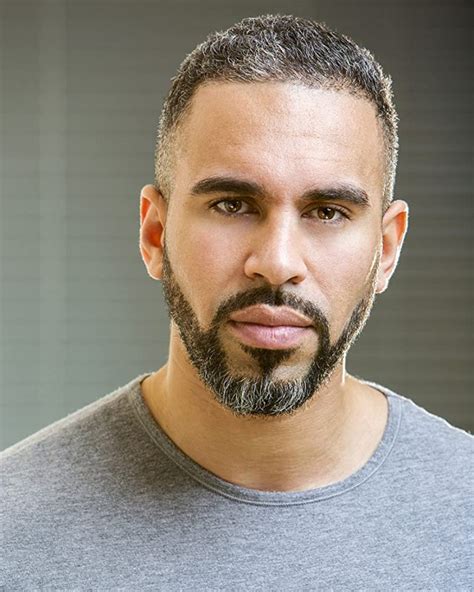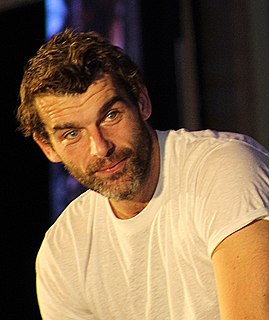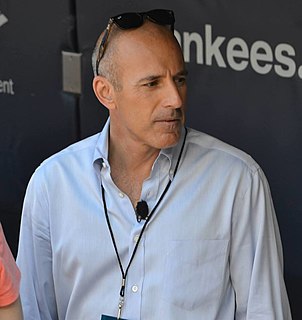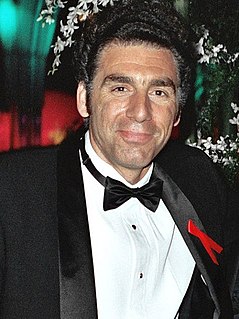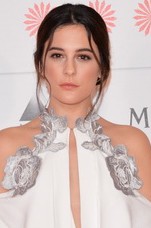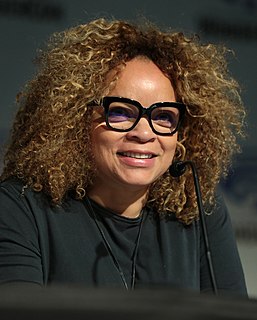A Quote by Everett McGill
The director can't do your job for you. He can't get in front of the camera and perform your part.
Related Quotes
I really trust the authenticity of real people and my job is to get them to be themselves in front of the camera. Often what happens is, you'll get a newcomer in front of the camera and they'll freeze up or they imitate actors or other performances that they've admired and so they stop becoming themselves. And so my job as the director is just to always return them to what I first saw in them, which was simply an uncensored human being.
A huge part of what we do as actors is learning to ignore the camera, as if it's not even there, while simultaneously being very aware of the camera and what it's capturing, because you can give the best performance of your life, but if you do it with the back of your head facing the camera, it's going to get cut from the movie.
Action is cool but it's all down to the director's interpretation at the end of the day, so you have to serve his visions and do what you can. So, you do your job to the best of your ability, you perform the fight and then it's out of your hands. It's then down to the director or the producer. You can give your opinion but often it's not heard. Actors have their riders and all kinds of contract terms and one of my big ones as I continue to make a name for myself as a top action guy is that I design my own action in films and oversee the edit.
Being in front of the camera - first of all, when I wanted to get into television, it was as a producer. I never had an idea that I would do anything in front of the camera, and that kind of happened by accident. But I wanted to be a producer or give me a job with the Yankees or play for the Knicks. I was a sports nut when I was a kid.
The camera course was a bit crap. But when I was in drama school, I wasn't interested. I wanted to be a stage actress. I was not interested in learning camera craft. But then you throw yourself in the deep end when you do get a job in front of the camera because you have absolutely no idea what you're doing, and it is a skill.
My favorite part about costume designing is the artistry of the job. You meet with a director and a visionary to discuss ideas. You research the characters and figure out the components of their look through your own vision. You create a color palette for a film, television or stage medium and discuss it with the director of photography who then lights your colored subjects.
Your job, as an actor, is never to just do what you're told. That's boring, and life is too short. It's your job to bring something, and it will either be to other people's taste or your own taste, and you have to try things out. Actors say, "Well, as long as the director's happy," but I don't believe that and I don't agree with that. I want the director to be happy, but if I'm not happy, I won't sleep at night.

